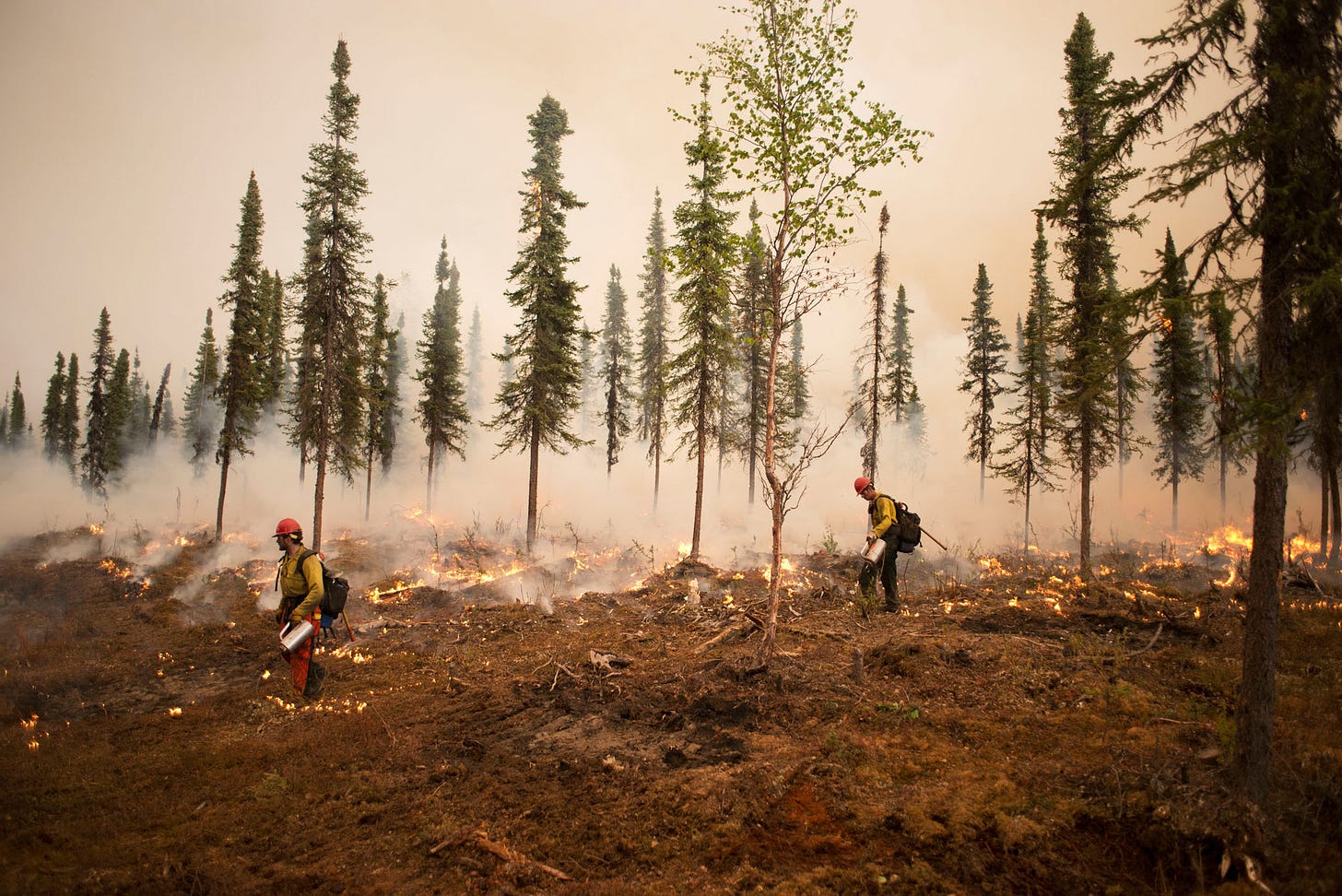
First, the good news: Less people are denying climate change. Now, the bad: These once-deniers are still delaying climate action.
“The climate conversation has moved from outright climate denialism to delayism and distraction from acting,” write the authors of a report on climate disinformation published last year. “The failure to stem mis- and disinformation online has allowed junk science, climate delayism and attacks on climate figures to become mainstreamed.”
Nowhere was that more apparent than COP28 — the international climate summit underway in Dubai. Ahead of the summit, Covering Climate Now hosted a webinar to warn against misinformation strategies that delay climate action, including the misrepresentation of scientific data.
As if on queue, COP28 President Sultan Al Jaber, who is also the CEO of the United Arab Emirates’ state-run oil company, said, “There is no science out there, or no scenario out there” that demands the phase out of fossil fuels.
Al Jaber is not denying the problem. But he is distracting us from necessary climate action — notably, that we must phase out oil and gas entirely to maintain a livable Planet.
Another delay tactic plays out in the U.S. every day: casting doubt on the credibility or feasibility of renewable projects.
Citizens for Responsible Solar, a local U.S. nonprofit, has successfully framed local solar projects as unreliable or destructive to land (neither of which is true). And a letter signed by a dozen New Jersey mayors this year falsely linked offshore wind to whale deaths.
In both cases, these people are not necessarily denying the problem; instead, they’re finding reasons to delay potential solutions.
These delay tactics are even more successful thanks to our messy media environment:
People who watch Fox News at least five times a week, for example, are far more likely to believe false climate narratives, according to a 2022 survey.
And a scorecard this year ranked Twitter/X last among social media platforms in climate misinformation policies.
Against these tactics, proponents of climate action may feel like Sisyphus, endlessly rolling a boulder uphill. But there are still strategies for combating climate delayism.
Though conservatives view climate change as less serious than liberals, the number of Americans who want climate action continues to grow, according to a recent Pew survey:
Two-thirds of U.S. adults say the country should prioritize developing renewable energy sources. And three-quarters of Americans support U.S. participation in international efforts to reduce the effects of climate change.
Seeing the writing on the wall, Republicans for the first time sent an official delegation to COP to promote their own climate agenda.
That’s important because one key tactic for fighting climate delayism is finding common ground. Though Republicans and Democrats disagree on a lot, they agree (to an extent) on many key environmental issues, including nuclear power, hydrogen power, permitting reform, research and development, infrastructure upgrades, and domestic energy production and manufacturing.
And finding common ground goes hand in hand with focusing on solutions, a strategy offered by climate scientist Katherine Hayhoe:
“People reject [climate] issues because global warming is depressing and stressful and divisive and raises fear, and because people often don’t think there are any palatable, sensible solutions,” she said told Sierra. “But of course there are, in spades!”
Many other strategies exist to combat even the most blatant misinformation, says Peter Lewis, executive director at Essential, a communications and research company. The key is “bringing [misinformation] to public attention and undermining the messenger before it takes hold,” Lewis writes in The Guardian.
There will always be conspiracy theorists on the fringes of the climate debate. But in the muddy mess of today’s climate misinformation, we must take control of the narrative, “or else cede it completely to irrationality and intolerance.”
Though finding bipartisan climate solutions is still an uphill battle, the effort is not as futile as it once was. Understanding this age of misinformation, and armed with these tactics, we see that we’re not Sisyphus after all.




it’s so interesting to see this shift! It’s similar to what i experience IRL, people agree climate change is real they just think it isn’t going to be a problem in our life times 😵💫